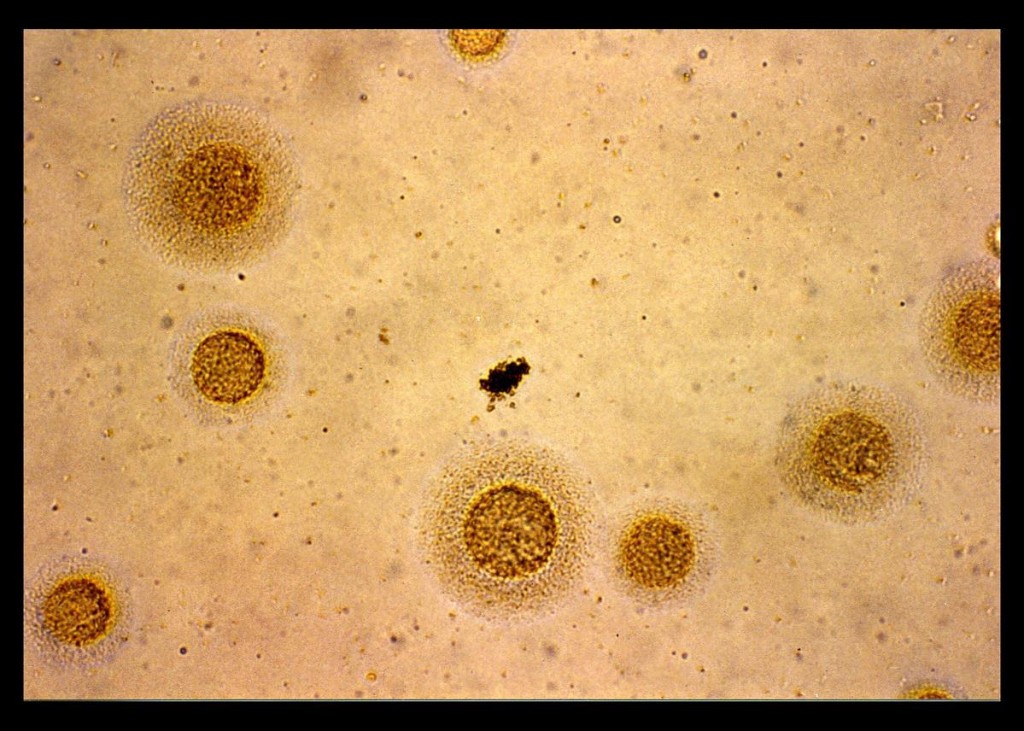Q: Hi. I am writing from Italy. I am suffering from Mycoplasm Hominis disease. I took antibiotics but the disease is still an issue. Please help.
A: We’re sorry to hear you’re unwell. Mycoplasm hominis is a bacteria that occurs naturally in the urinary tract. But having an overgrowth of this bacteria can cause symptoms very similar to other STDs, including: discharge, pain during intercourse, burning during urination and itching. Women are infected more often than men.

Because of these symptoms, mycoplasm hominis is often misdiagnosed as chlamydia. This becomes a problem because if it goes untreated, it can play a hand in PID, or Pelvic Inflammatory Disease, which can have very dangerous results, such as sterility, chronic pelvic pain, or ectopic pregnancies. Contracting it can also lead to other infections, such as in the lung, joints, central nervous system and in wounds. In pregnant women, it can cause miscarriage or early delivery, or it can be passed along to the infant during birth.
The good thing is that if you are healthy, you’re somewhat unlikely to contract mycoplasm hominis. Those who do are usually people who have a compromised immune system, either from chronic illnesses or HIV/AIDs. For those who do contract it, there are ways to cure it.
First of all, like with any STD, get tested first to be sure that you have mycoplasm hominis. It can masquerade as

chlamydia or other STDs, so you can’t self-diagnosed based on symptoms alone. Your doctor should be able to put you on an antibiotic, like Zithromax, to get rid of it. Abstaining from intercourse during this time will help you not spread it to your partner or irritate the infection further.
If, for some reason, the antibiotics don’t work, you will have to consult your doctor about whether or not you actually have mycoplasma hominis, or if it could have developed into something further, like bacterial vaginosis or PID.
Additionally, changing your diet might help, although you should speak to your doctor to see if a change in diet alone will completely cure you. Drink lots of fluids to flush the bacteria out of your system. Eat probiotic foods, like yogurt, to encourage healthy levels of bacterial growth. Upping your protein intake will help strengthen your immune system and fight off such infections in the future.
A recent study also found that wearing a condom during intercourse will help keep an optimal level of bacteria in the vagina and prevent the overgrowth of bacteria like mycoplasm hominis.
